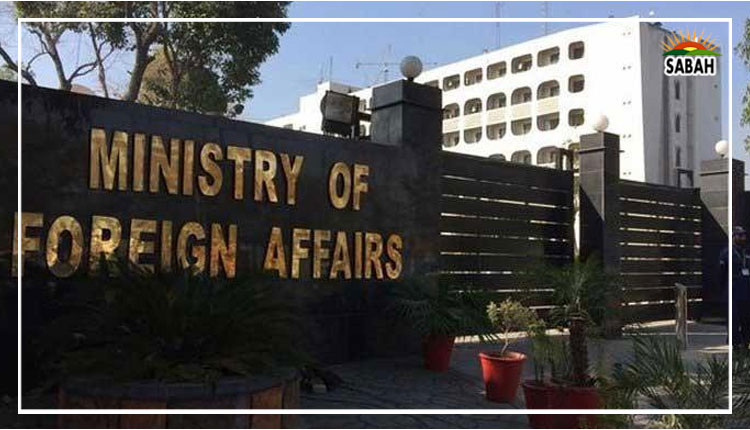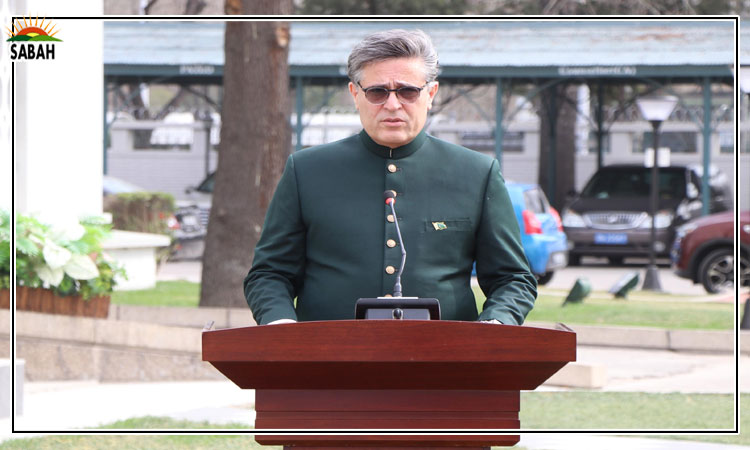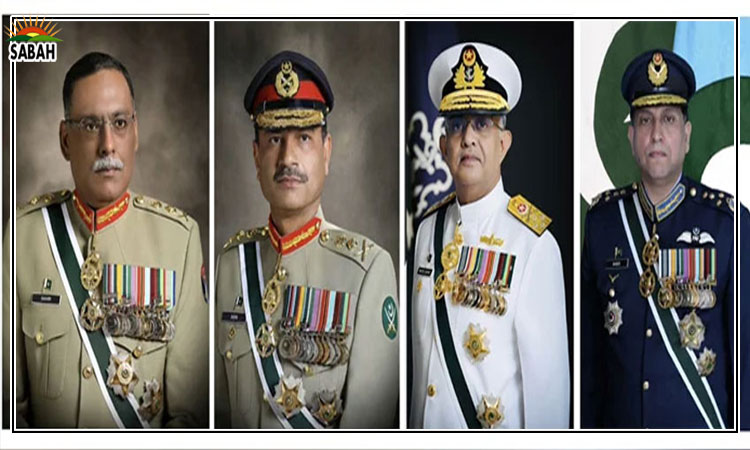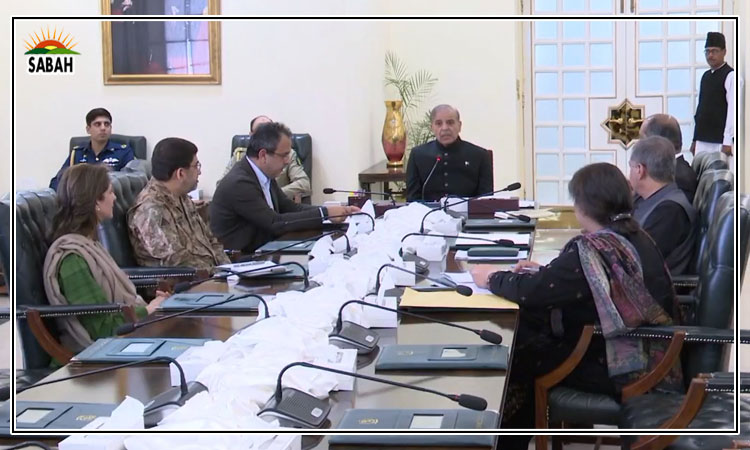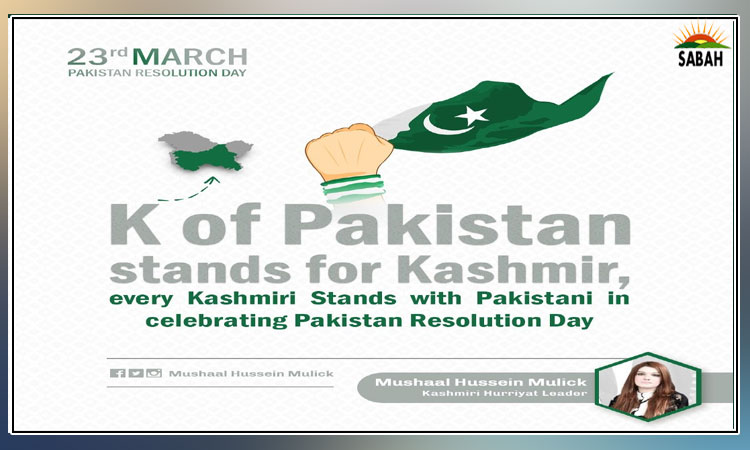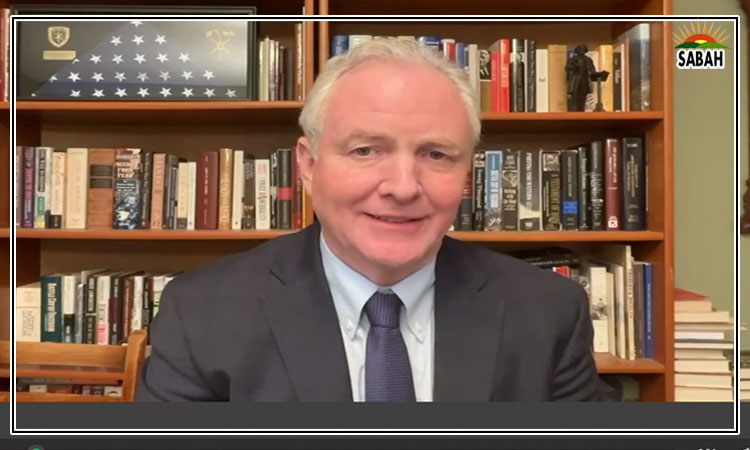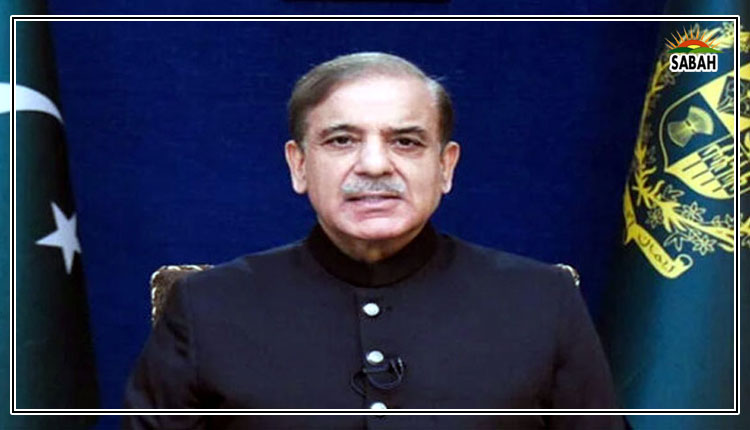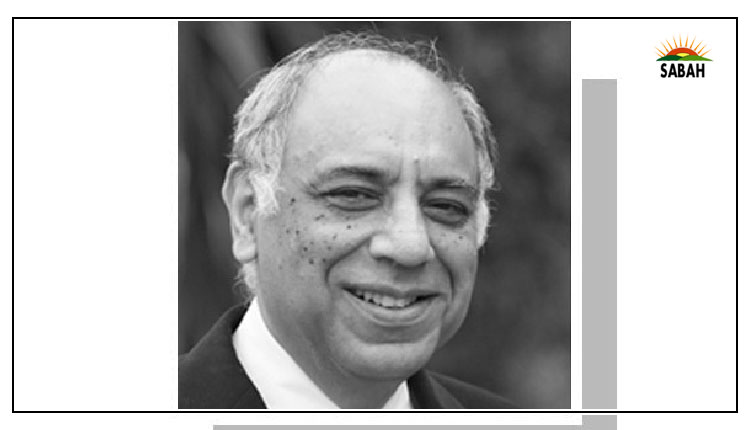What goes around comes around…Eric Shahzar
Pakistans political landscape today seems to be a flamboyant illustration of the principle that says: what goes around comes around. Today, the country is witnessing an unprecedented political crisis marked by a free-falling currency, low forex reserves and a record shrinkage in foreign investor confidence.
The roots of this turmoil can be traced back to the ousting of ex-PM Imran Khan, who then went to remarkable lengths to overthrow the current PDM government. Politics of hate and resentment was seen on the streets for some while. But the chaos peaked with the alarming Jinnah House attack on May 9, which inflicted unprecedented damage on state property all across the country. It is estimated that the attacks caused a loss of a whopping Rs6 billion to the exchequer.
In the attacks wake, we witnessed a ripple effect, causing turbulence within the PTI. As arrests of PTI leaders implicated in the attack unfolded, an exodus ensued, with many senior leaders abandoning the party. The leaving politicians used different reasons to quit the party, but surely the Jinnah House attack had a major role in making that decision.
Now, Imran Khan points his finger at the current government for the political and economic instability plaguing the country. But has he forgotten the performance of his very own tenure? Lets take a stroll down memory lane. His government was marked by the witch-hunt of the opposition fuelled by fake cases. Seasoned politicians remained behind bars for months in dismal conditions. It was under Imran Khans government that the economy went on the ventilator through numerous serial mismanagement and corruption incidents. Not to forget, the IMFs loan program stalled during the tenure of the PTI government.
It was under Imran Khans government that journalists faced relentless attacks from all sides, forced disappearance being one. In 2019, when the PTI was in power, Pakistans Press Index Freedom ranking went down from 139 to 142.
When the opposition extended an olive branch, it was Imran Khan who categorically refused table talks, saying that he wont sit with robbers. Yet today, its almost comical that the very same Imran Khan wants to sit with those he once shunned. Has he not refused to dine with them before, citing moral high ground? One cant help but detect a strong whiff of desperation.
The latest twist in this political saga is Interior Minister Rana Sanaullahs assertion that Imran Khan will face military courts for the Jinnah House attack. While theres no denying the necessity of a thorough and fair investigation, the proposition to use military courts raises troubling questions about human rights compliance. Article 14 of the International Covenant on Civil and Political Rights, which Pakistan has ratified, insists on the right to a trial before a competent, independent and impartial tribunal established by law. Using military courts for civilians violates the principles of international human rights law.
In this storm of political instability, its high time to prioritise dialogue and consensus through an all-party conference. The constructive way forward lies in table talks. Such measures are not just essential for the nations stability but are a lifeline for our democracy. Our parliamentary system remains non-functional, with the current political crisis taking away the spotlight. All political parties must engage in healthy, even heated debates, but in the right corridors and the parliament remains the most apt one. Surely all PDM leaders will agree to such a precedent.
With the threat of terrorism thriving in political chaos, it becomes all the more crucial for political parties to set aside their differences for the greater good of the nation.
Through all this turmoil, one thing remains clear: dialogue is the best way forward, regardless of political differences. With thoughtful dialogue and political maturity, we can ensure that what comes around next is stability and progress, not more strife. The lesson for the government in power today is not to make the same mistakes Khan made once. If Pakistan is to survive this political sage, we need political consensus and maturity in political corridors.
Courtesy The Express Tribune


